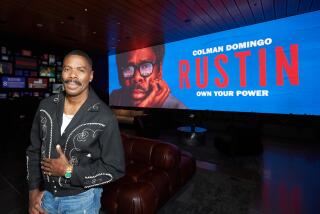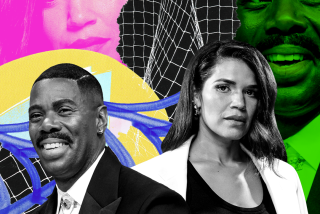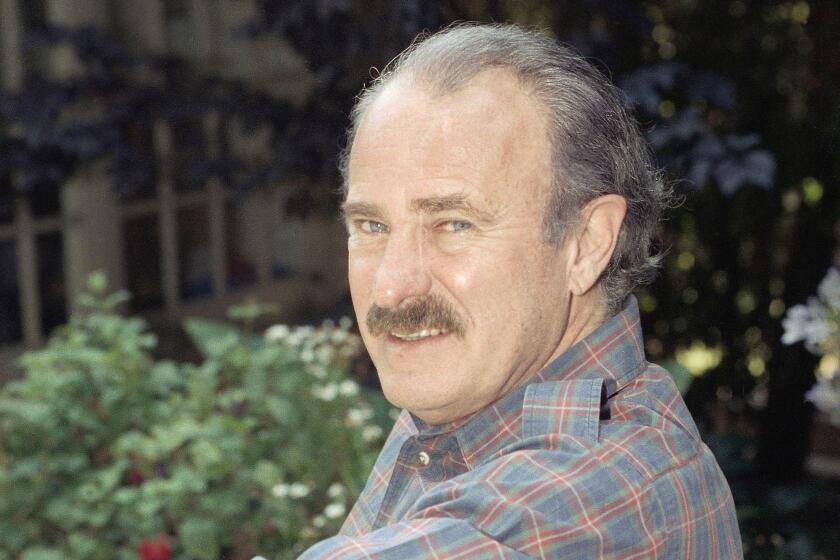Review: J Balvin faces a crisis of conscience in bio doc ‘The Boy From Medellín’
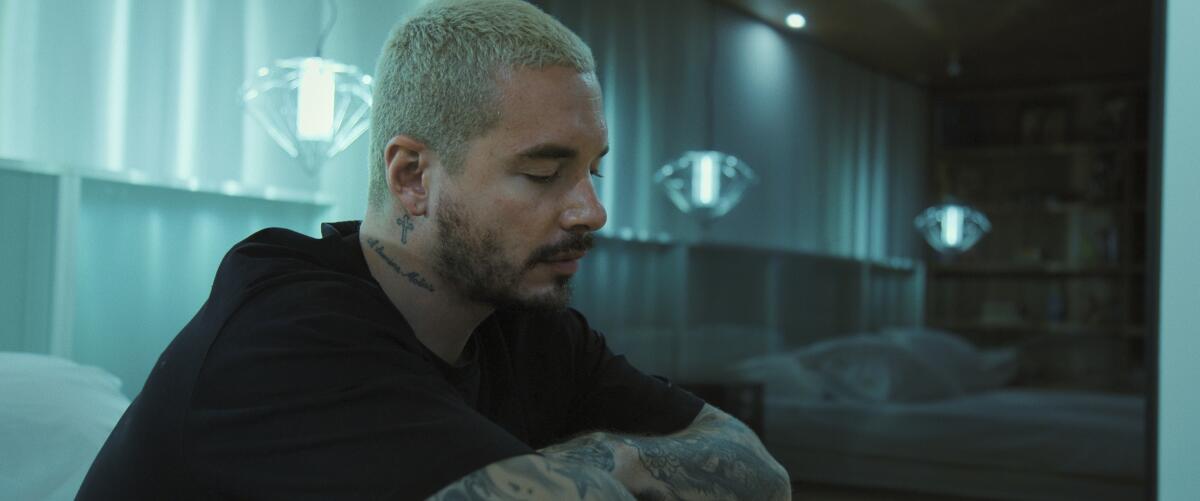
Global fame meets local responsibility in Matthew Heineman’s music bio documentary, “The Boy From Medellín,” an appealing tag-along portrait of Colombian reggaeton superstar J Balvin at a moment of noteworthy pressure in his Latin Grammy-winning, Coachella-headlining and streaming-dominant pop ascendancy.
Filmed over a week in late 2019, when a triumphant international tour was set to conclude with a sold-out stadium date in Balvin’s hometown of Medellín, the movie tracks days of pre-concert reflection and jitters that initially revolve around the celebratory nature of this homecoming — how a talented middle-class kid with music dreams and media savvy exploded into next-level international popularity and influence.
What José Álvaro Osorio Balvin wasn’t expecting from back home, however, was the demand that he use his voice for more than singing and rapping sexy, upbeat lyrics over infectious beats. With Colombians taking to the streets in record numbers to protest the unpopular hardline policies of President Iván Duque’s government, Balvin faced a growing chorus of criticism. Fans, press and more outspoken Colombian musicians pointed to the performer’s glaring silence in the face of demonstrations that, in some cases, had led to tragic violence. Should he post something encouraging to citizens on social media? Say something on stage? Have faith that the apolitical optimism in his music was enough?
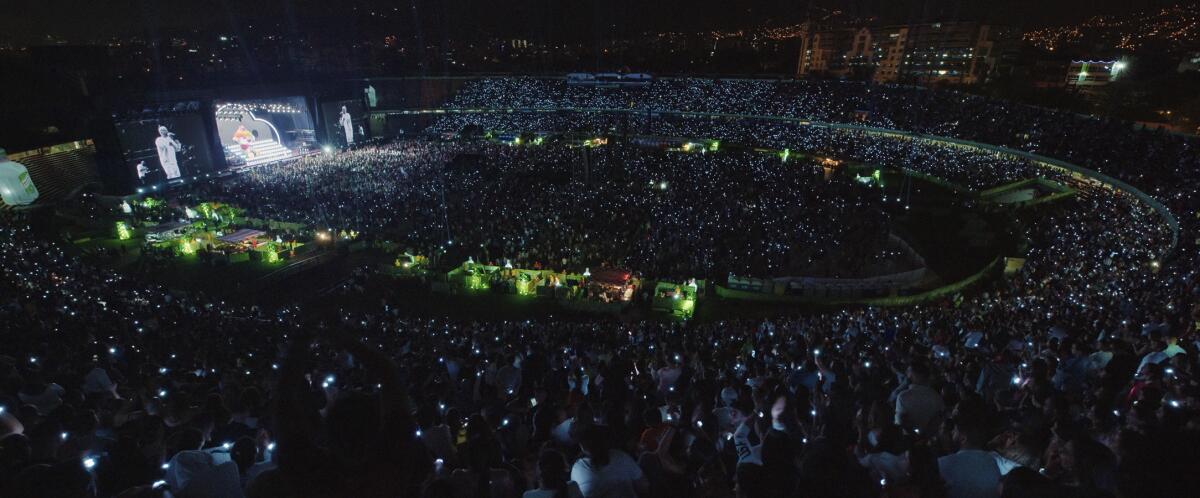
Balvin’s colorful, barrier-busting stardom was built on a language-proud, inclusive image of Latin cool, one that he wished would supplant his country’s dented image as a haven for drug violence. Subsequently, the question of whether to address urgent political realities in his own backyard — unrest that resulted in concerts in other cities being shut down in the days leading up to his own — makes for a percolating emotional thread throughout the film. (Conversely, one imagines that for director Heineman — no stranger to thickets of turbulence after “Cartel Land” and “City of Ghosts” — the civil unrest shadowing his pop-star doc must have felt like familiar territory.)
Another factor adds to the sense of unease. Amid public scenes of spirited fan engagement (which he clearly adores) and private scenes of Balvin hanging out with friends, team members, his girlfriend and family in his plush hillside retreat, Balvin struggles with anxiety and depression. He’s been upfront about it in online videos and interviews, and offers supportive words to the similarly afflicted during his shows. At the beginning, we see footage from a concert in Mexico where he touchingly equates the glow from smartphones that fans are holding aloft with the “light” he assures everyone is possible.
In Medellín, he tries to manage his mood — with a spiritual advisor and meditation in addition to a psychiatrist and medication — but what’s clearly worrying him is that, however he chooses to publicly respond, some of his fandom will be upset. Balvin’s the type, after all, who says he will spend the rest of a day thinking about that one kid who missed out on an autograph or photo. But this sensitivity means he also has the ability to defuse tense situations; at one point, he heads off a potential feud, contacting a younger activist rapper who’s been insulting him online — their meet-up becomes a respectful airing of viewpoints. (A separate encounter, by contrast, feels stilted and engineered. In a confab with his managers Scooter Braun and Allison Kaye, also executive producers on the film, they are made to appear sage-like, counseling Balvin on how musicians can change the world.)
Listeners these days seem to be more tolerant of their idols’ political engagement, and it’s no surprise this briskly edited, star-sanctioned coming-of-age saga ultimately turns out well. The concert portion is the usual you-are-there backstage/onstage footage, but the manner in which Balvin solves his crisis of conscience makes for a satisfying resolution. Ego-stroking bio docs being a cottage industry these days, Balvin is one of the more disarmingly open figures to get this kind of treatment. But it’s also nice that “The Boy From Medellín” makes the most of its allotted time with a busy phenomenon to at least dabble in the ins and outs of an artist contemplating his place in the world.
'The Boy From Medellín'
In Spanish and English with English subtitles
Not rated
Running time: 1 hour, 35 minutes
Playing: Available May 7 on Amazon Prime Video
More to Read
Only good movies
Get the Indie Focus newsletter, Mark Olsen's weekly guide to the world of cinema.
You may occasionally receive promotional content from the Los Angeles Times.

